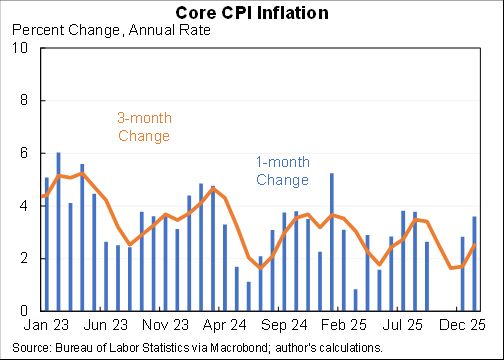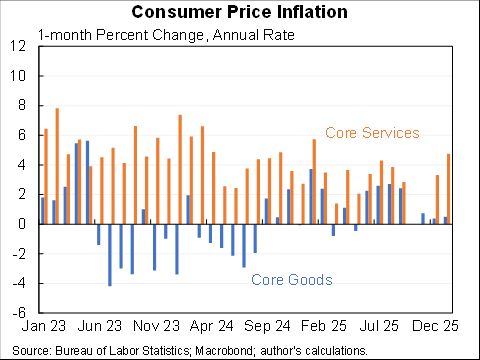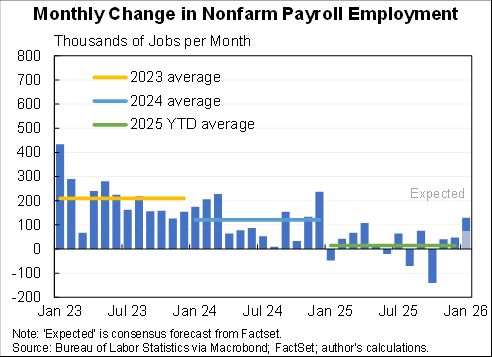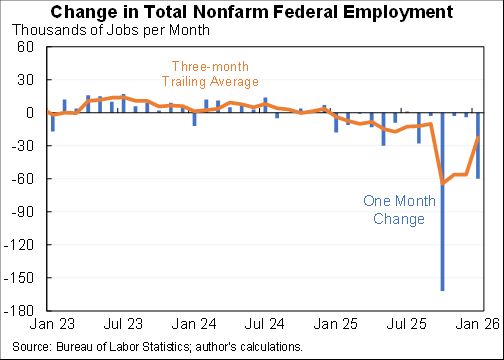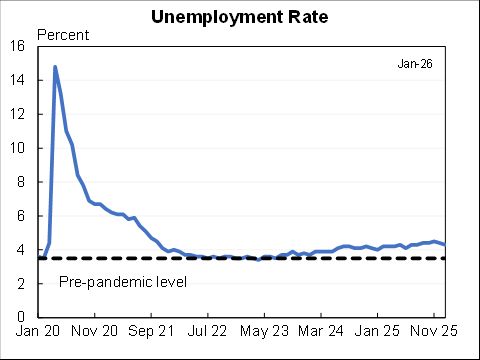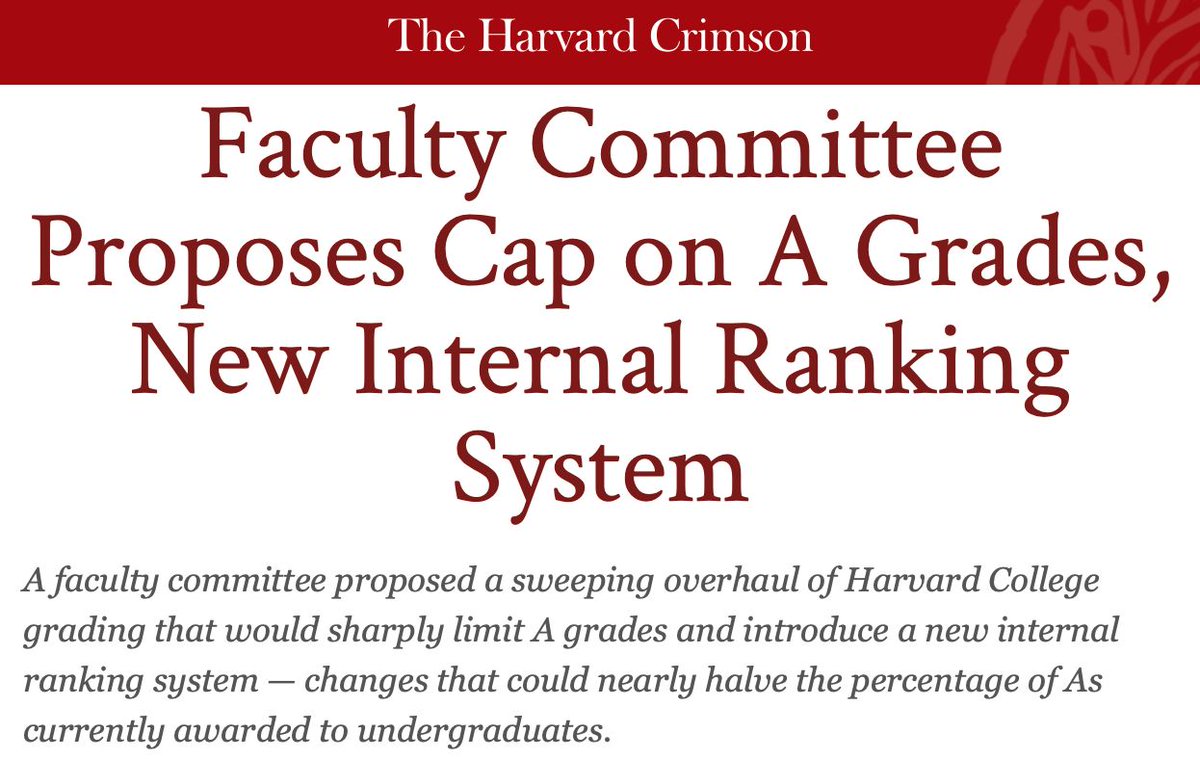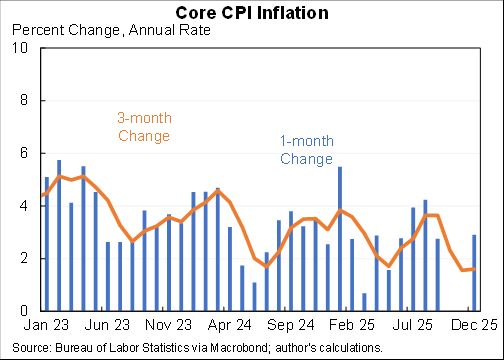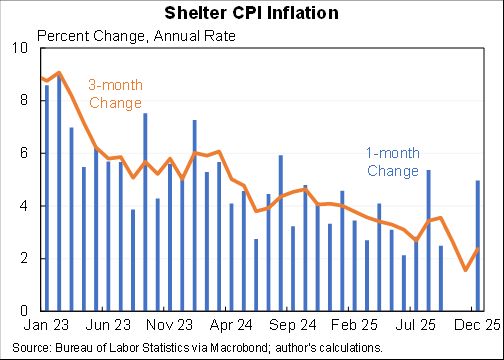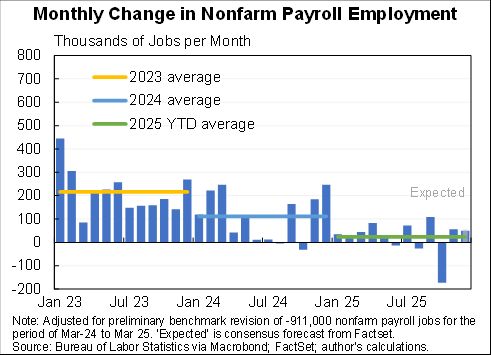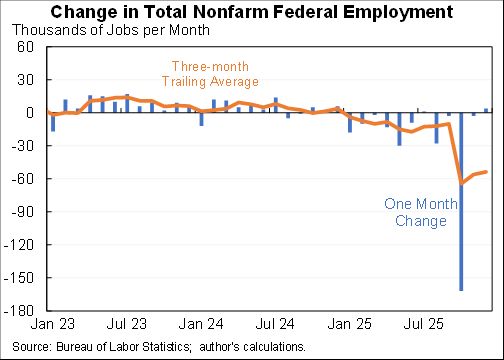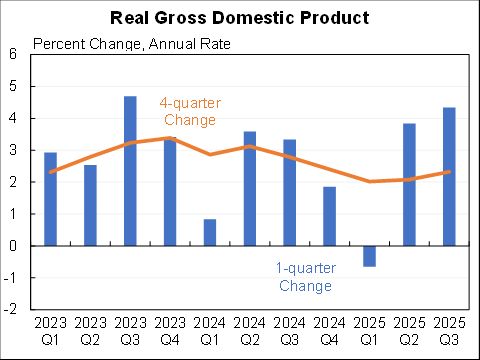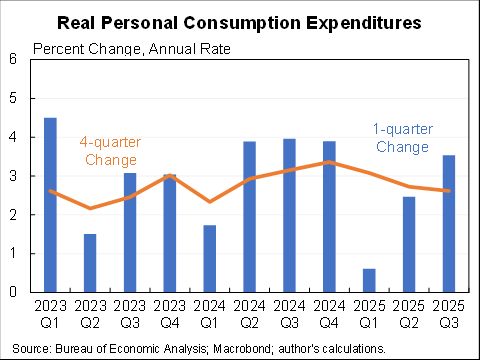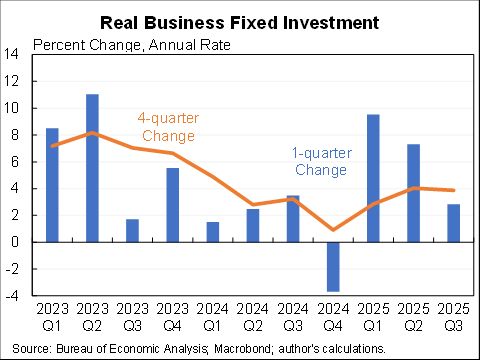If you think corporate greed is playing a major role in the current inflation then you need to rethink a lot of your views.
1. FISCAL MULTIPLIERS. Fiscal stimulus is less effective than you thought because it will go more into prices/profits than quantities.
1. FISCAL MULTIPLIERS. Fiscal stimulus is less effective than you thought because it will go more into prices/profits than quantities.
2. INCIDENCE ANALYSIS OF FISCAL TRANSFERS. Distributional tables that show the stimulus checks going to households, for example, not correctly reflect that much of the benefit of the stimulus checks was captured by higher prices instead of higher purchasing power.
3. WORKER POWER AND REAL WAGES. If stronger demand raised the ability of corporations to do unfair or unjustified price increases over and above their costs then the flip side is you are saying that heating the economy lowers real wages.
(All of the above assumed that corporate greed was increased by high demand relative to supply, if it was just an exogenous increase in corporate greed—companies that could have done this in 2019 but mistakenly didn’t—the points would be slightly different.)
Oh, and I’m not updating my views on these topics because I think inflation is the result of demand and supply imbalances not changes in corporate greed.
• • •
Missing some Tweet in this thread? You can try to
force a refresh


